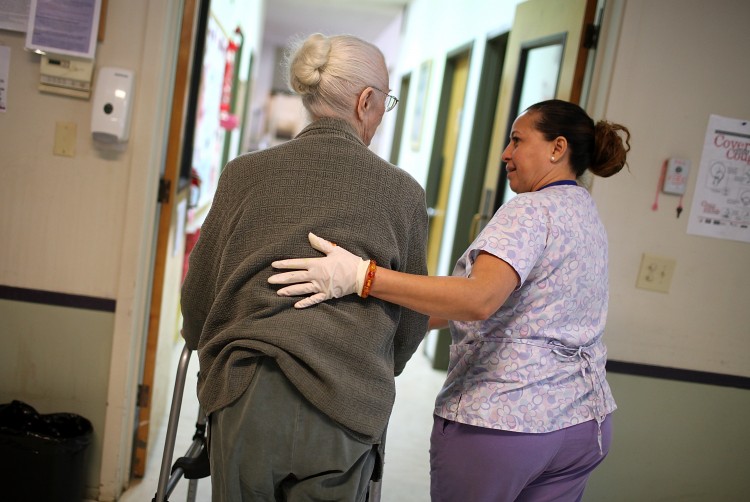States are not saving enough money to fund their obligations to retirees for health care and pension payments, according to a study released on June 19 by Pew Center on the States, an independent, nonprofit, nongovernmental organization. The gap between obligations and savings grew by 9 percent in fiscal year 2010, to equal at least $1.38 trillion.
According to the Pew study, titled “The Widening Gap Update,” it is estimated that public-employee pension obligations account for about half of the shortfall, and retiree health care costs account for the other half.
The Government Accountability Office recommends that states keep about 80 percent of their future financial obligations on hand. However, 34 states fell below that threshold in 2010, 31 percent fell below in 2009, and 22 percent fell below in 2008. The states with the poorest performance in 2010 were Connecticut, Illinois, Kentucky, and Rhode Island, which each having less than 55 percent of the money needed for retirees, according to the study.
North Carolina, South Dakota, Washington, and Wisconsin were sitting on golden eggs of 95 percent funding.
Investment losses during the economic downturn are the primary cause of the shortfall, according to the report. About 60 percent of the states’ money comes from returns on invested funds, and those returns tanked during the recession. The other 40 percent comes from employee and employer contributions.







